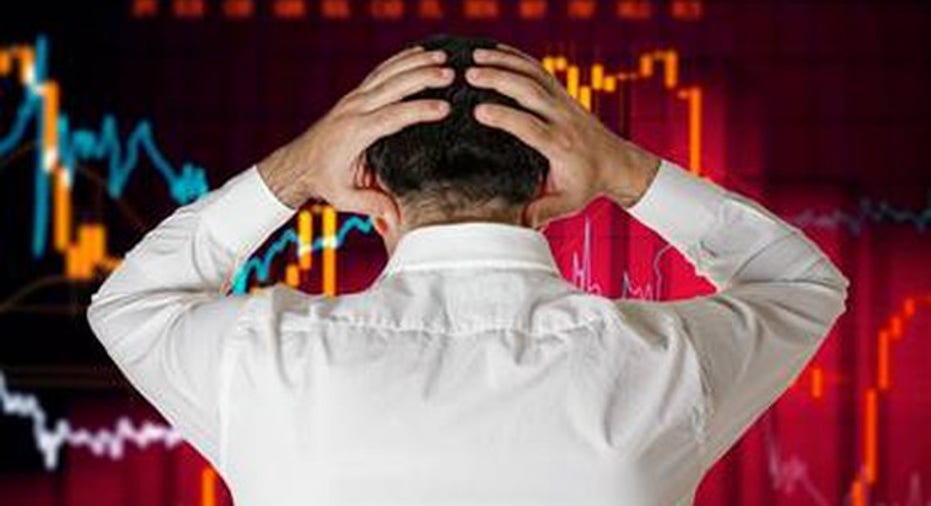Why Gilead Sciences Lost a Staggering 29.2% In 2016

Image source: Getty Images.
Following disappointing sales of its hepatitis C drugs and amid discouraging pipeline failures,Gilead Sciences(NASDAQ: GILD)shares lost 29.2% of their value in 2016, according to S&P Global Market Intelligence.
Can the company get back on track in 2017?
So what
Gilead Sciences' hepatitis C drugs have reshaped patient treatment by improving cure rates, reducing side-effects, and shortening treatment duration.As a result,Gilead Sciences hepatitis C drugs have racked up tens of billions of dollars in sales since their launch.
Sales of its hepatitis C drugs, however, have been slowing because of new competing drugs that have led to price cuts. Through the first nine months of the year, the company's hepatitis C sales fell to $11.6 billion from $14.2 billion in the same period of 2015.
In addition to slipping sales, the company's also endured a series ofR&D setbacks that have cast a shadow on the company's prospects to kick-start revenue growth.
In 2016, management was forced to abandon plans to expand the use of its cancer drug, Zydelig, because of safety concerns. Gilead Sciences also discontinued the development ofsimtuzumab in all indications,GS-5745 in ulcerative colitis andCrohn's disease, eleclazine for the treatment of ventricular tachycardia and ventricular fibrillation, andmomelotinib for the treatment of myelofibrosis.
Now what
Gilead Sciences remains the hepatitis C market share leader, and next-generation hepatitis C drugs, including Epclusa, may help shore up sales this year. The company's also enjoying growing demand for its HIV drugs, which has been refreshed by the launch of combination therapies that include TAF, a safer formulation of the long-standing HIV drug Viread.
Absent some R&D wins, however, this might not be enough to get shares on track. The company still has intriguing drugs in development, such as filgotinib for autoimmune disease, and it's said that it's willing to buy innovation with its $31 billion cash stock-pile. If the company can deliver some positive news out of its pipeline, or it can acquire innovation in a way that offers insight into a runway back to growth, then Gilead Sciences shares could perform much better this year, especially, since last year's sell-off has made this one of biopharma's cheapest stocks, with a forward P/E ratio of only 7.
10 stocks we like better than Gilead Sciences When investing geniuses David and Tom Gardner have a stock tip, it can pay to listen. After all, the newsletter they have run for over a decade, Motley Fool Stock Advisor, has tripled the market.*
David and Tom just revealed what they believe are the 10 best stocks for investors to buy right now... and Gilead Sciences wasn't one of them! That's right -- they think these 10 stocks are even better buys.
Click here to learn about these picks!
*Stock Advisor returns as of January 4, 2017
Todd Campbell owns shares of Gilead Sciences.Todd owns E.B. Capital Markets, LLC. E.B. Capital's clients may have positions in the companies mentioned.Like this article? Follow him onTwitter where he goes by the handle@ebcapitalto see more articles like this.
The Motley Fool owns shares of and recommends Gilead Sciences. The Motley Fool has a disclosure policy.



















